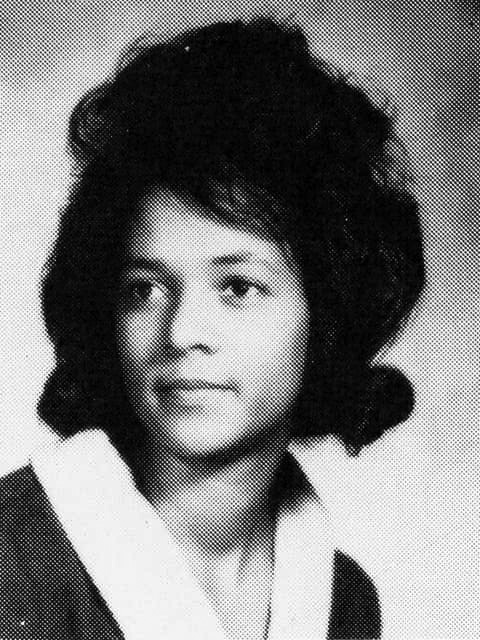
During the class of 2024’s first-year orientation last August, Cumberland School of Law welcomed the most diverse group in all its 175 years. A record 59% of the 160 incoming students were female. And notably, 24% of the newcomers belonged to historically underrepresented racial groups.
Whitney Dachelet, assistant dean for admission and enrollment management, said, “We were fortunate to have a strong applicant pool which allowed us to build a class with strong credentials that better reflects our community. We still have work to do, but we are much closer to that goal than ever before.”
It was a far different story in 1967. Back then, a young African American woman named Audrey Lattimore Gaston Howard was living in Birmingham with her husband and baby daughter.
Encouraged by her minister father to attend college, Audrey had earned a degree from Howard University in Washington, D.C. After graduation, she hoped to further her education by going to law school. She set her sights on Samford University’s Cumberland School of Law, which was not only an excellent choice academically, it was also close to home.
As of 1967, no African American student had ever attended Samford University full time. With her admission to Cumberland, Audrey would be blazing a trail in a city known for its disturbing history of racial injustice. Only four years earlier, Birmingham had garnered worldwide attention following the bombing of the 16th Street Baptist Church. Four young girls had died in the blast.
Audrey would also become a savior of sorts to the law school, which faced sanctions by the American Bar Association and the Association of American Law Schools. Both organizations prohibited racial segregation at their approved law schools, and continued violation of that standard could mean a loss of accreditation.
Characterized as a quietly courageous woman by those who knew her, Audrey enrolled at Cumberland School of Law in the fall of 1967. And to her first day of class, she brought along a new era, not only for Cumberland, but for Samford University as a whole.
In 2018, Audrey’s son, the Rev. Charles Howard, Ph.D., university chaplain at the University of Pennsylvania, spoke at Samford during a commemoration of the university’s 50th anniversary of integration. Howard was only 11 years old when his mother died in 1989, but remembrances shared by older relatives gave him insight into his mother’s experience.
“Even though people were kind…that doesn’t always translate into an affirming place,” he said. “That’s not a critique, but I feel like today there is more affirmation with Black students. My aunt told me they were respectful, but many still looked at her crazy.”
When she earned her Juris Doctor in 1970, Audrey became the first African American to graduate from Cumberland. She soon became the first woman appointed to the U.S. Attorney’s Office in the Southeast and was later appointed courts liaison adviser to the National Criminal Justice Commission. Beginning in 1975, she served as a legislative assistant to U.S. Representative John Buchanan of Alabama.
The diverse student body of today’s Cumberland School of Law would have been unimaginable to the average student in her day. But to Audrey and people like her, it was a vision worth striving for, to cross hitherto forbidden lines for and sometimes to even put their lives at risk for.
Audrey once told a reporter from The Birmingham News, “I feel I have a debt to society, particularly the Birmingham community, and to my family and my race. I would like to be a success for them.”
The diversity of Cumberland School of Law's class of 2024 is in large part thanks to Audrey's courage and willingness to cross those forbidden lines. And wherever perceived debts to society are tracked, her account is surely marked, “paid.”
